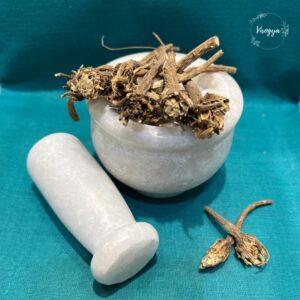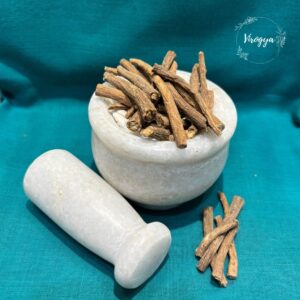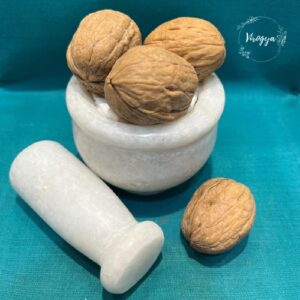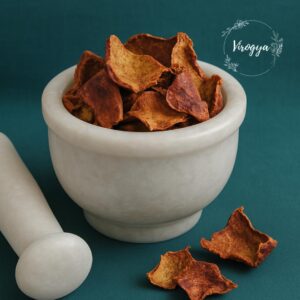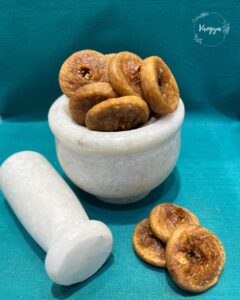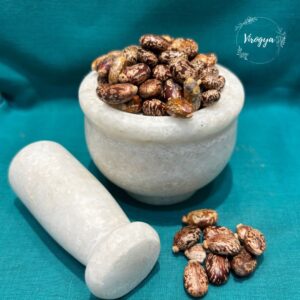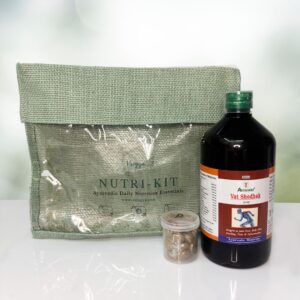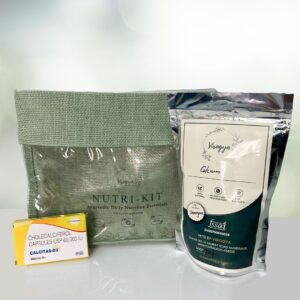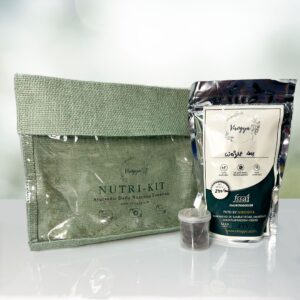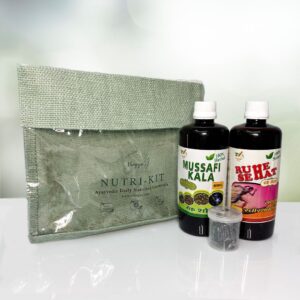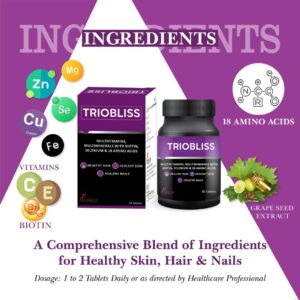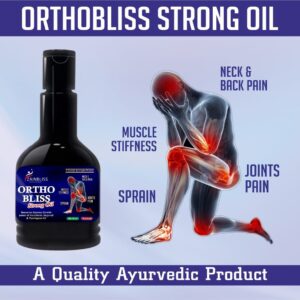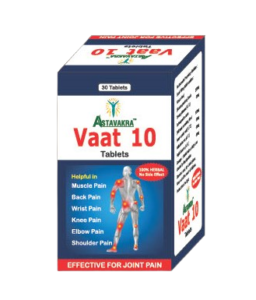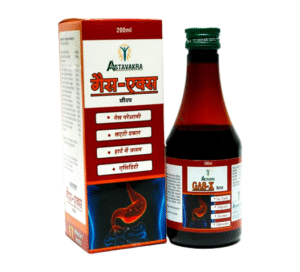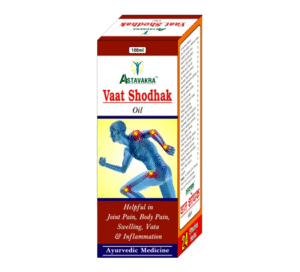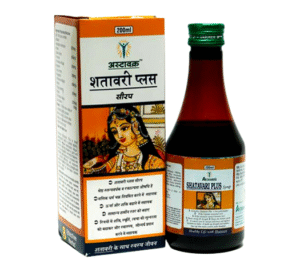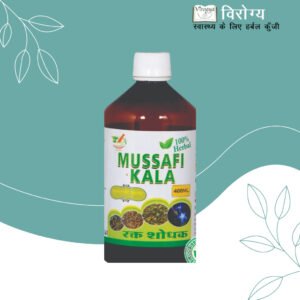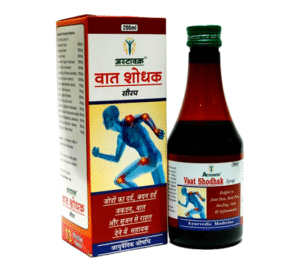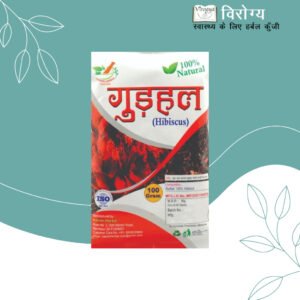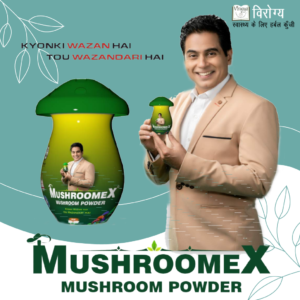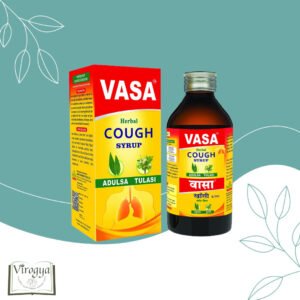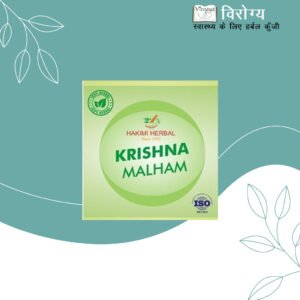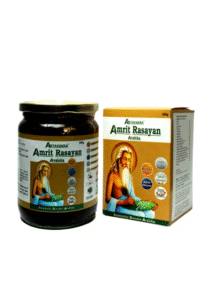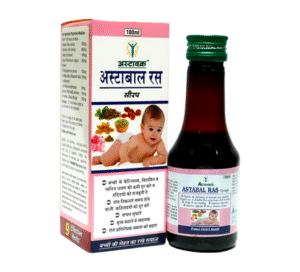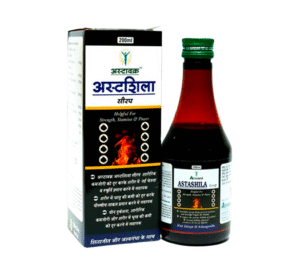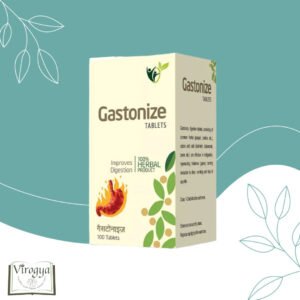Showing 1–15 of 169 results
– Price range: 351 through 1,430 Uses Perfumery & Fragrance
Oud oil, extracted through steam distillation, is one of the most expensive natural oils in the world.
Used in luxury perfumes and incense, especially in Middle Eastern and South Asian cultures.
Its fragrance is deep, woody, and musky, with sweet and spicy undertones.
Traditional Medicine
Used in Ayurveda, Traditional Chinese Medicine (TCM), and Unani medicine for treating ailments like asthma, stress, and digestive disorders.
Believed to have anti-inflammatory, sedative, and aphrodisiac properties.
Religious and Spiritual Use
Used in Buddhist, Islamic, and Hindu rituals as incense.
Frequently burned in temples, mosques, and meditation spaces to create a calming atmosphere.
Luxury Products & Carvings
Used in high-end jewelry, beads, and artifacts due to its spiritual significance.
In some cultures, agarwood bracelets and pendants are worn for good fortune.
– Price range: 286 through 1,105 Uses
Digestive Health :
Consumed with warm water or mixed with salt to relieve gas, acidity, and indigestion.
Cold and Cough :
Used in home remedies to soothe sore throats, clear nasal congestion, and relieve cough.
Weight Management :
Ajwain water is often used in detox diets to improve metabolism.
Menstrual Pain Relief :
Helps alleviate cramps and discomfort during menstruation.
Oral Health :
Acts as a natural mouth freshener and helps prevent bad breath and infections.
– Price range: 481 through 2,080 Uses
Spices & Seasoning:
Added to curries, dals, and vegetable dishes to improve taste and digestion.
Used in pickles for preservation and flavor enhancement.
Added to flour for making ajwain parathas, puris, and biscuits.
Tadka (Tempering):
Used in tempering lentils, soups, and sabzis to add a distinct aroma and health benefits.
Snacks Preparation:
Added to fried items like pakoras and kachoris for better digestion.
Digestive Aid:
Helps relieve gas, acidity, and bloating when consumed with warm water.
Used in Ayurvedic medicine for treating indigestion.
Can be boiled in water and consumed after meals for better digestion.
Cold & Cough Relief:
Chewing a few dried flowers or making herbal tea helps in clearing congestion.
Steam inhalation with Ajwain Phool water can relieve nasal congestion.
Weight Loss:
Drinking Ajwain Phool-infused water on an empty stomach may boost metabolism.
Pain Relief:
Applied externally as a warm compress to relieve joint pain and muscle aches.
Mouth Freshener:
Chewing Ajwain Phool after meals freshens the mouth and aids digestion.
– Price range: 195 through 650 Uses In Ayurveda, Unani, and folk medicine, Akarkara is celebrated for its wide range of applications:
Oral Health : Used to relieve toothaches, improve gum health, and stimulate saliva production.Aphrodisiac : Traditionally considered to enhance libido and improve male sexual health.Nervous System : Known to stimulate the nervous system, aiding in conditions like paralysis or sluggishness.Pain Relief : Acts as an analgesic and anti-inflammatory agent for joint pain and arthritis.Appetite Stimulant : Helps improve digestion and stimulates appetite.Immune Boost : Used to strengthen immunity and combat colds and respiratory issues.
– Price range: 871 through 3,980
Akarkara (Irani) – Short Description
Item Form
Dried root
Skin Type
Not applicable (used internally)
Product Benefits
Boosts immunity, improves libido, supports oral health, relieves toothache
Active Ingredients
Alkamides, essential oils, flavonoids
Material Feature
Pure, sun-dried, potent Iranian Akarkara root
– Price range: 377 through 1,560 Uses
Raw Consumption: Eaten as a healthy snack.Baking & Desserts: Used in cakes, cookies, brownies, and energy bars.Salads & Dressings: Adds crunch and nutrition to salads.Smoothies & Shakes: Blended into drinks for extra protein and healthy fats.Cooking & Sauces: Used in pesto, gravies, and dips like walnut chutney.Walnut Butter: A healthy spread alternative to peanut butter.Walnut Oil: Used for cooking and as a salad dressing.Diabetes Control: Regulates blood sugar levels.Joint & Bone Health: Rich in magnesium and phosphorus, strengthening bones.Immune Boosting: High in antioxidants, helping fight infections.
– Price range: 117 through 260 Uses
Weight management
Aid digestion and relive from constipation
Reduce cholesterol
Anti-Inflammation
Anti-Diabetes
Fight cancer
Flax seeds benefits for skin
Eases hot flashes
Healthy for hair
High antioxidants
Loaded with nutrients and fibres
Lower blood pressure
Prevention of cardiovascular disease
– Price range: 377 through 1,560 Uses
Natural Laxative – Treats constipation and promotes bowel movementDetoxifies the Body – Cleanses the stomach, liver, and intestinesImproves Skin Health – Helps in eczema, boils, and skin infectionsReduces Fever & Infections – Used for flu, fever, and microbial infectionsSupports Weight Loss – Aids digestion and fat metabolismRelieves Respiratory Issues – Beneficial for cough, asthma, and bronchitisEnhances Liver Function – Used for jaundice and liver detoxRegulates Blood Sugar – Helps in diabetes managementSoothes Joint Pain – Reduces inflammation in arthritis and goutActs as a Mild Aphrodisiac – Supports reproductive healthPharmaceutical Industry: Used in herbal laxatives and detox syrupsTraditional Medicine: Incorporated in Ayurvedic and Unani formulationsCosmetic Industry: Used in herbal face masks for skin detoxCulinary Uses: In some regions, it is added to digestive herbal teas
– Price range: 351 through 1,430 Uses
Ayurveda
Decoction (Kashayam): Used for detoxification and blood purificationPaste (Lepa): Applied for skin diseases and woundsHair Oil: Amar Bel-infused oil promotes hair growth.
Unani Medicine
Aftimoon powder is used for mental health, digestion, and immunity
Used in treatment of jaundice, constipation, and sexual disorders
Folk Medicine
Used as a remedy for diabetes and asthma
Helps in treating arthritis and joint pain
Agricultural Uses
Herbal Medicines & Tonics – Used in liver tonics and hair growth oilsOrganic Pesticide – Used in pest control for cropsTraditional Dyeing – Yellowish extracts used for fabric dyeing
– Price range: 169 through 455 Uses
In Ayurveda:
Used as a natural remedy for skin diseases, wounds, and inflammatory conditions.
Prescribed for improving digestion and respiratory health.
Skincare Applications:
Mixed with milk, rose water, or honey to prepare face masks.
Applied as an ubtan (herbal scrub) for glowing skin.
Culinary Uses:
Added to pickles, chutneys, and salads for its tangy, mango-like flavor.
Used as a spice in traditional Indian dishes and herbal drinks.
Hair Care:
Applied to the scalp to reduce dandruff and promote hair growth.
Mixed with coconut oil for nourishing the hair roots.
Medicinal Poultice:
Used externally to treat cuts, burns, and insect bites by reducing inflammation and promoting healing.
For Skin:
Mix Ambi Haldi powder with yogurt and honey for a brightening face pack.
Use with rose water for acne-prone skin.
For Hair:
Combine with coconut oil and apply to the scalp for reducing dandruff.
For Digestion:
Consume with warm water or milk to improve digestion and metabolism.
For Respiratory Health:
Mix with honey and ginger to relieve cough and cold symptoms.
– Price range: 125 through 293 Uses
It is used as Acrid, Diuretics, Refrigerant and laxative
Given in diarrhoea and dysentery
Administered in jaundice and dyspepsia along with iron compound
Used in Hairoils and Shampoos as it promotes hair growth
Seeds of the fruits are given in the treatment of asthma and bronchitis
Anti-viral properties as it is a rich source of vitamin C
Popular ingredients of Triphala and Chyawanprash
Antioxidant -Improve skin health and slow the ageing process
– Price range: 221 through 780 Uses
Improves Digestion : Amla is known for its ability to stimulate digestion, enhance metabolism, and relieve indigestion or bloating.Relieves Constipation : Both Amla and Sargand can help regulate bowel movements and support regularity, providing relief from constipation.Boosts Immunity : Amla is rich in Vitamin C and antioxidants, which help strengthen the immune system. Regular consumption of Amla Sargandak may support the body in fighting infections and illnesses.Supports Respiratory Function : Sargand, known for its respiratory benefits, may help in treating conditions like asthma, cough, or bronchitis. The combination of Amla can aid in clearing mucus and providing relief from congestion.Promotes Glowing Skin : Amla’s antioxidant properties support skin health by reducing the effects of free radicals, potentially helping with skin rejuvenation.Treats Skin Disorders : Amla’s natural vitamin C content can also help fight acne and reduce signs of aging, making it a valuable addition to skincare routines.Promotes Hair Growth : Amla is well-known for its ability to improve hair health by strengthening hair follicles, promoting growth, and preventing premature graying.
– Price range: 325 through 1,300 Uses
Digestive Health: Helps with diarrhea, bloating, and acidity.Immunity Booster: Rich in antioxidants and vitamin C.Heart Health: Supports cholesterol control and blood pressure regulation.Weight Loss: Enhances metabolism and aids fat burning.Detoxifier: Cleanses the body and improves liver function.Skincare: Treats acne, reduces wrinkles, and brightens skin.Hair Care: Prevents dandruff, strengthens roots, and adds shine.Oral Health: Acts as a natural mouthwash for fresh breath and gum health.Sore Throat Relief: Used in herbal gargles to soothe throat irritation.Wound Healing: Speeds up healing of cuts and wounds.Tea & Herbal Infusions: Used in detox teas for health benefits.Natural Dye: Used for coloring fabrics and hair naturally.Pest Repellent: Acts as an organic pesticide in agriculture.
– Price range: 351 through 1,430 Uses
Fresh Consumption: Dried Figs (Anjeer): Sweets and Desserts: Savory Dishes:
– Price range: 325 through 1,300 Uses
Laxative: Castor oil is a natural remedy for constipation.Joint Pain Relief: Used in Ayurvedic massage for arthritis and muscle pain.Hair Growth: Strengthens roots, reduces hair fall, and adds shine.Dandruff Treatment: Antifungal properties help eliminate scalp infections.Skin Moisturizer: Hydrates dry skin and prevents wrinkles.Acne Treatment: Fights bacteria and reduces acne scars.Dark Circles & Stretch Marks: Helps lighten scars and pigmentation.Lip Care: Used in lip balms for smooth and soft lips.Wound Healing: Acts as a natural antiseptic for cuts and burns.Menstrual Pain Relief: Helps ease cramps when applied externally.Liver Detoxification: Used in Ayurveda to support liver health.Biofuel Production: A sustainable alternative to petroleum-based fuels.Industrial Lubricant: Used in machinery and automotive applications.Cosmetics & Soaps: Found in creams, lotions, and beauty products.Insect Repellent: Used in natural formulations to keep pests away
End of content
End of content
Load more




